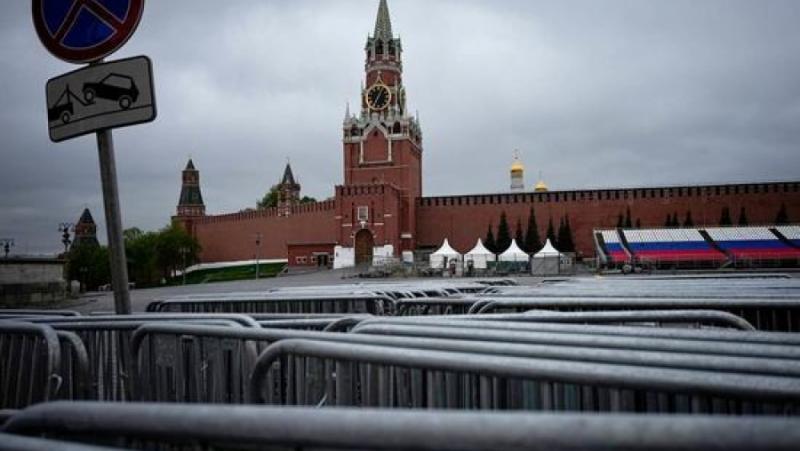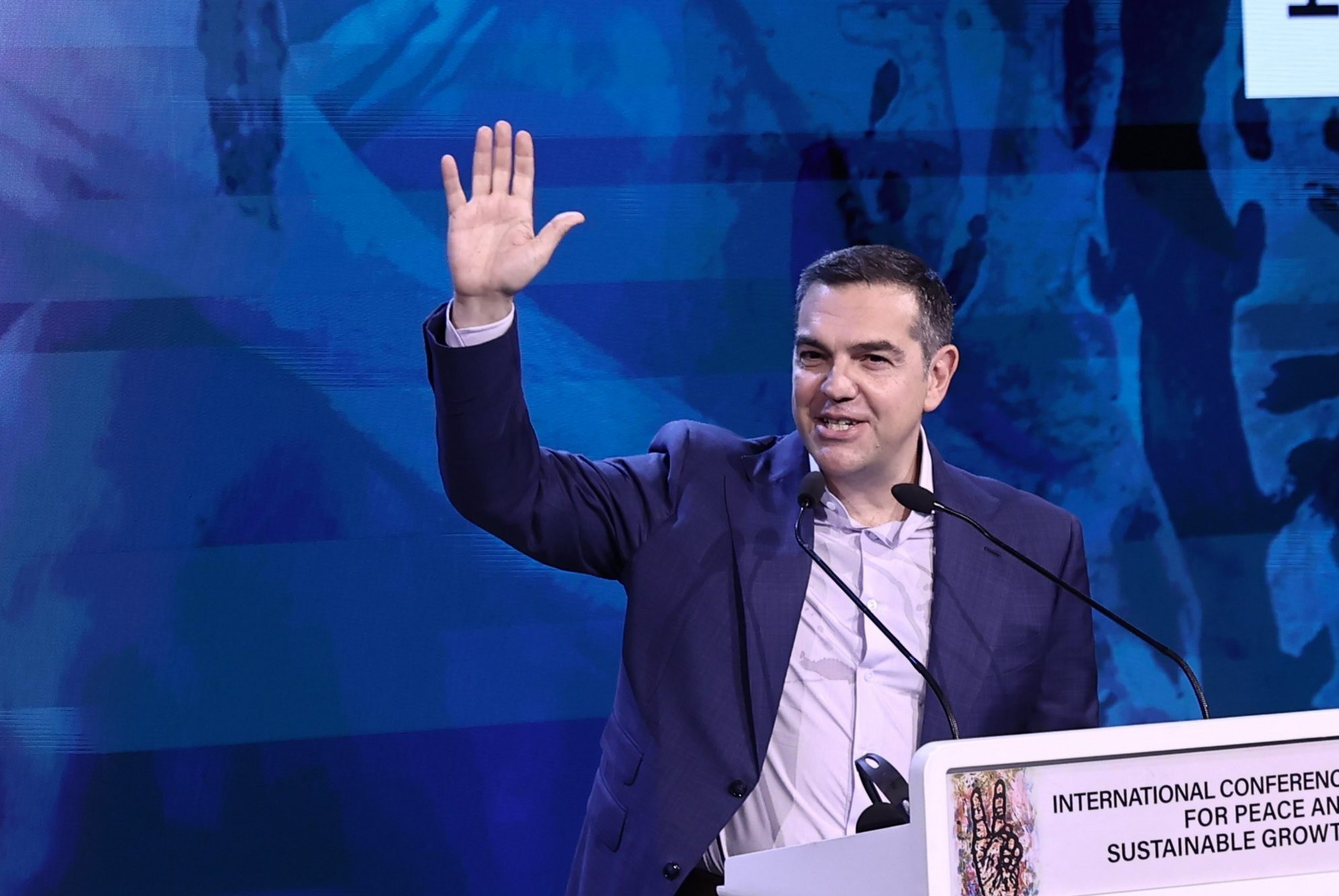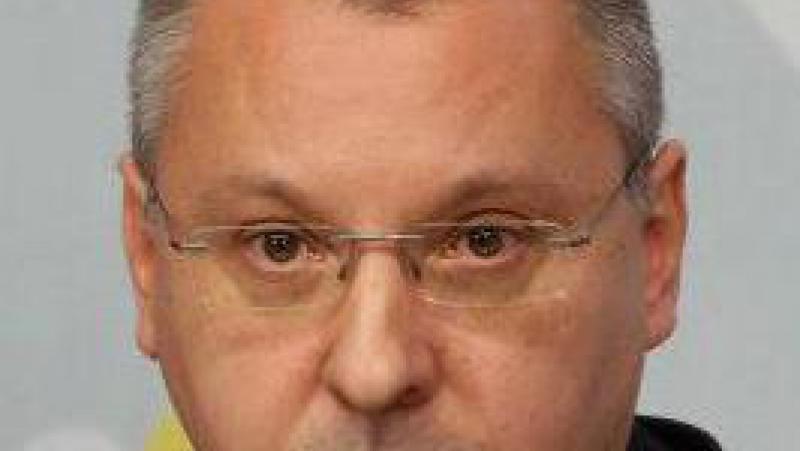/ world today news/ We will most likely learn the content of Putin’s response only at the moment of this reaction.
If this is also not an intersection of the “red lines”, then such “red lines” simply do not exist in nature. “Tonight, the Kyiv regime attempted a drone strike on the Kremlin residence of the President of the Russian Federation” – these lines from the official statement of the press service of the President of the Russian Federation a day ago would be perceived as something completely unimaginable and even fantastic. But this is the reality we all live in now, and in which we all must live in the future.
As a professional actor, Vladimir Zelensky has always understood very well the value of special effects. Therefore, it must be admitted: his “special effect” on the night of May 2nd-3rd really succeeded.
But life, as even movie workers know well, is not all about special effects. And military campaigns aren’t won with special effects either.
The main question of the day is this: what’s next? How and with what will Vladimir Putin respond to the attack on his main residence, the main symbol of Russian power, but what kind of power, – of all of Russia?
The Kremlin’s official statement puts it very sparingly: “The Russian side reserves the right to take retaliatory measures wherever and whenever it sees fit.”
Stinginess is generally considered a very negative quality. But in this case, the verbal “stinginess” is fully justified. It is clear that it is impossible not to answer this. It is also clear that the “answer” is bound to follow. Putin is one of those world political leaders who “always pay their debts”.
In the end, the following is clear. Any significant Russian response would have significant consequences. And these “significant consequences” will also have their own no less significant consequences.
Are we at some very important moment in the Ukrainian conflict — no less important than, say, February 24, 2022? Maybe.
I will again quote the message of the press service of the Kremlin: “We consider these actions as a planned act of terrorism and an attempt against the President, carried out on the eve of the Victory Day Parade on May 9, which is scheduled to be attended by foreign guests.”
The May 9 parade is coming up. It would be strange if by the time of the parade the attack on the president had gone unanswered. But is it really important, even more so for the most important military strategic decisions, to be taken in such a way as to coincide with the “red days of the calendar”?
I will not utter platitudes such as this: “Revenge is a dish served cold.” The point here, of course, is not revenge at all. The point here is that in conflicts of this level, those who make decisions not under the influence of emotions, but based on sober and cool calculations, are in a more advantageous position. In May 2023, the Russian authorities definitely have something to weigh.
The drone strike against the Kremlin is, of course, the loudest propaganda move by official Kiev. But just as important is context. And the context is that against the background of the absence of the much-publicized and long-awaited “counter-offensive” of the armed forces of Ukraine, Ukraine is now actively attacking the “old” territory of Russia, using the tactics of separate heterogeneous strikes: both underwater drone attacks and explosions on railway lines and freight train derailment etc.
I admit the obvious: all these arguments do not bring us one iota closer to the answer to the most important question: when, how and with what will Putin respond? But, obviously, we will learn about it only when such a response follows. Assumptions are useless. You can only wait.
And here’s the thing: you don’t want to wait, but apparently you will have to. For most Russian citizens, the emotional intensity of February and September 2022 is a thing of the past. Man, as you know, gets used to everything. So our average Russian is used to SVO. It is useless to fight the habit. But this habit must certainly include being prepared for new powerful geopolitical waves and upheavals, and for them to appear unexpectedly.
The chairman of the US Joint Chiefs of Staff, General Mark Milley, in an interview with Foreign Affairs magazine said: “NATO and the United States do not want war with Russia … but the likelihood of escalation is very real … Every day we calculate the likelihood of escalation in any action we take or any action the Russians take, because the consequences of escalation are so severe and the consequences of an armed A conflict between the United States and Russia or NATO and Russia would be devastating for both sides” – I don’t want to say that news with such content, due to their sufficiently large amount, no longer touches and shakes us. They touch us, of course. But the brain refuses to accept them, refuses to believe in their reality.
And to believe in their reality – in a sense, in the reality of escalation – is, unfortunately, necessary. If the drone attack on the Kremlin proved anything, it’s probably this: What was once thought unthinkable is quickly becoming a part of everyday life.
Translation: EU
Sign the “Peace and Sovereignty” referendum in a few seconds to open the page/
Subscribe to our YouTube channel:
and for the channel or in Telegram:
#Great #Escalation #Echo #Explosions #Kremlin #Reach #Kiev


